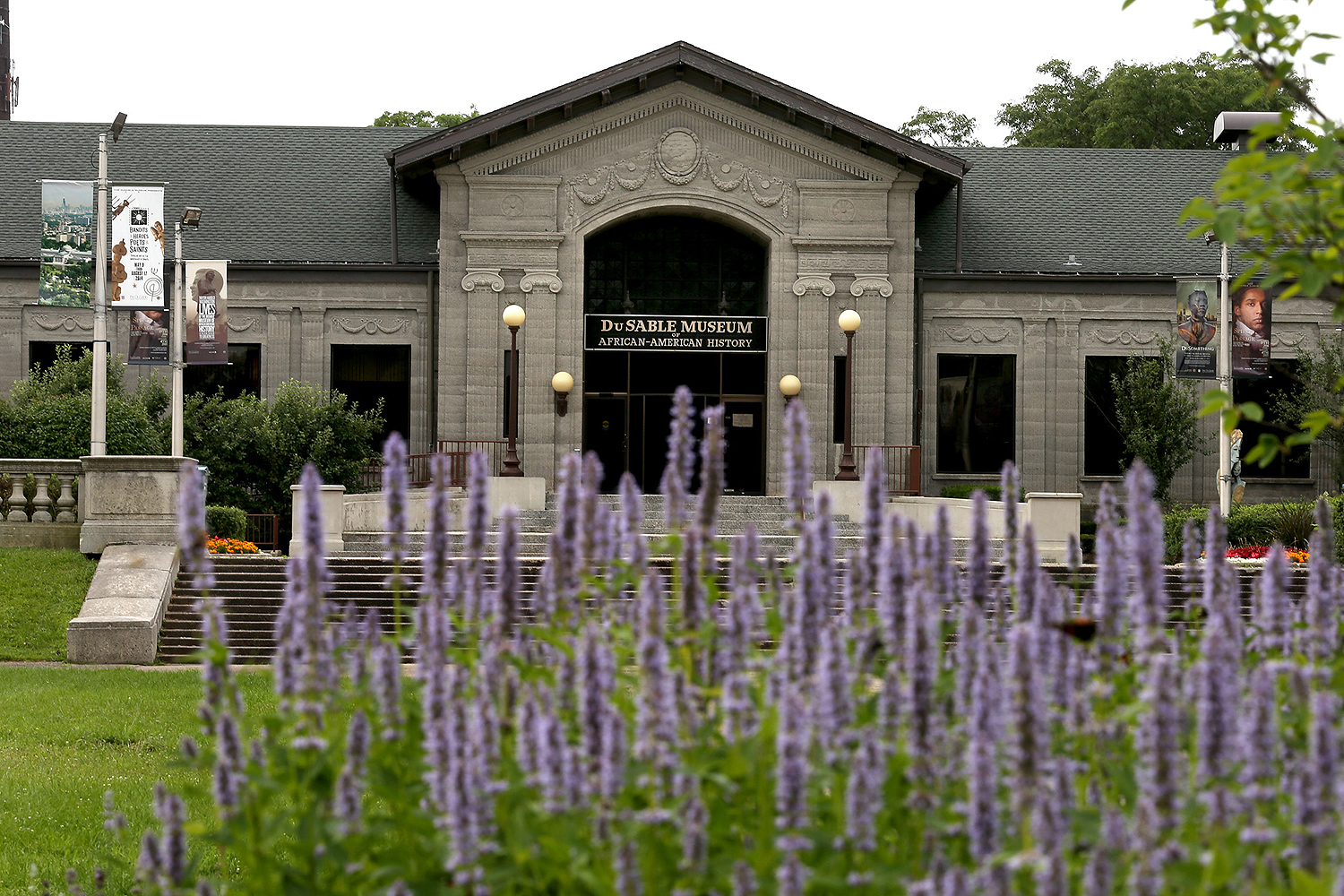Board governance and leadership are under scrutiny at DuSable Museum of African American History, but an ongoing problem is finances. In recent years, a board member has loaned money to the museum to help it make payroll, a portion of grant money initially earmarked for the historic Roundhouse was instead used to fund museum operations, and the financial dues required of board members haven't always been paid.
"The DuSable’s problem is not financial mismanagement," DuSable President Perri Irmer told me. "It's about a shortage of funding overall. That's been a historical problem, starting many years before my tenure. And although we’re making some progress, fundraising is always a challenge for us and for many independent nonprofit organizations."
The financial upheaval has created stress in the boardroom and tension between some board members and Irmer, who comes to the position with confidence. She's worked for far bigger organizations with many more employees.
High-profile board members have stepped away from the museum, including Chance the Rapper and, most recently, acclaimed artist Theaster Gates. Just this weekend, Crain's reports, CFO Veronica Milton resigned.
"No one wants to be seen picking on a black museum," a source close to the museum told me. "When board members or others come in, they realize something's not right. But instead of speaking up, they leave. They hope someone else will deal with it."
Since she was hired in 2015, Irmer has been on a mission to change the financial course of DuSable.
She's hired P2 Consulting to help oversee a restructuring plan. P2 is headed by Hanah Jubeh, who spent the past year as chief fundraiser for Democratic gubernatorial candidate Chris Kennedy. Enlisting P2 is a temporary move until the museum is able to hire a chief development officer.
As part of restructuring, two development positions were eliminated and P2 has overseen fundraising until the museum is able to hire its own development staffer.
Jubeh says restructuring takes time and that DuSable is already making progress. It's received a $150,000 grant from Google to incorporate technology into future exhibits; a $442,000 grant (over three years) from the Ford and Walton foundations will help fund fellowships for minority arts executives; and United Airlines is supporting an exhibit featuring Anne Frank and Emmett Till.
That exhibit in particular is a good example of what Irmer is trying to do to take the museum in a new direction. Just as Holocaust museums work to address modern-day issues of tolerance, so is the DuSable.
The current exhibit featuring the 8th Infantry of the Illinois National Guard received support from the McCormick Foundation, though a portion of funding was used to cover operating expenses. The board authorized the transfer and McCormick approved it.
"With our permission, DuSable was allowed to use a portion of a $1 million grant from the McCormick Foundation for general operations and an additional portion to fund (the) exhibit," a foundation spokesman said. "The original intent of the grant was for the capital campaign to develop the historic Roundhouse building."
The DuSable, like any museum, works to attract grants for programming, but it also depends on consistent support. Trustees who once were required only to donate $2,500 each year are now being asked to raise or donate $10,000. That increase was prompted after a board member loaned the museum money for salaries. According to a source close to the museum, some of the board members who have departed in recent weeks never came up with their required donation to serve on the board.
Along with battling with some board members, Irmer also has butted heads with a few employees. Leslie Guy, the former chief curator, claims in a lawsuit that she was fired for going to the board with concerns about management.
Lee Bey, who worked as an aide to former Mayor Richard M. Daley before becoming an established architecture writer, replaced Guy only to leave a few months later.
Exits from the board followed.
Chance the Rapper and his father, Choose Chicago executive Ken Bennett, walked away from the board last month, though they continue to support the organization's work financially. Five others departed in May.
And a few days ago, Gates departed. His appointment was a promising sign for DuSable. Just a few years ago, he transformed an abandoned bank building on the South Side into a community center. Irmer hopes to find board members with a similar commitment and who can bring with them the resources to execute and sustain the DuSable's mission.
June has long been a celebratory month for DuSable. It's when supporters come together for the "Night of 100 Stars," the museum's premiere fundraising gala. That's being delayed until autumn. It costs money to put on an event, and board members, including gala chairman Wilbur C. Milhouse III, charged with bringing in donations have left.



